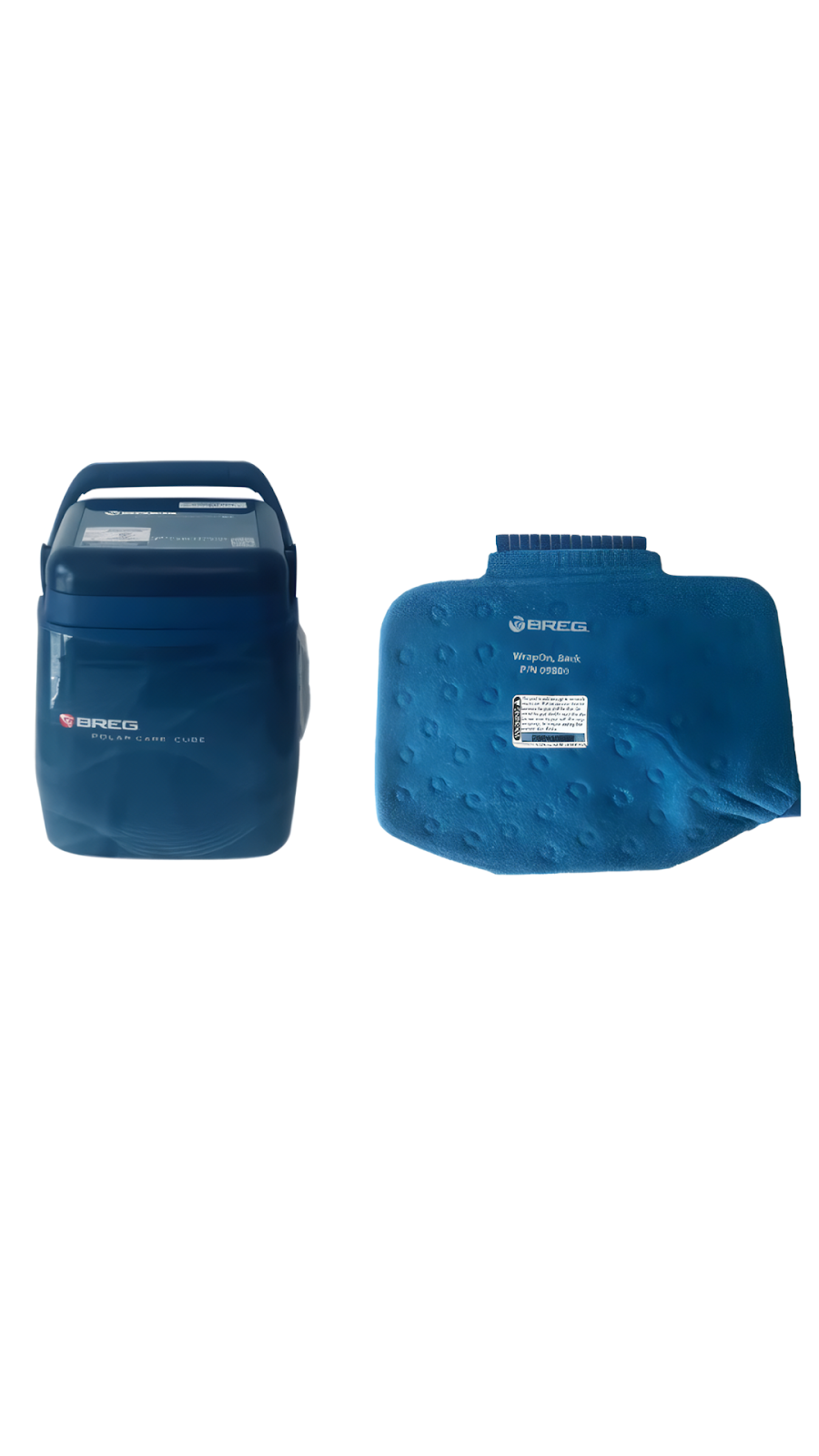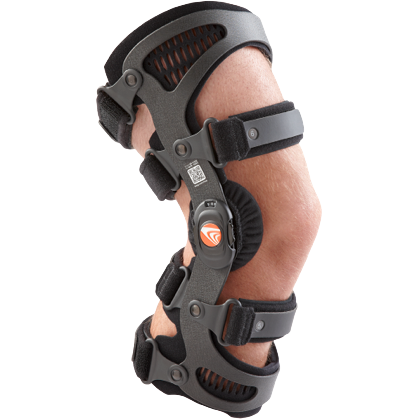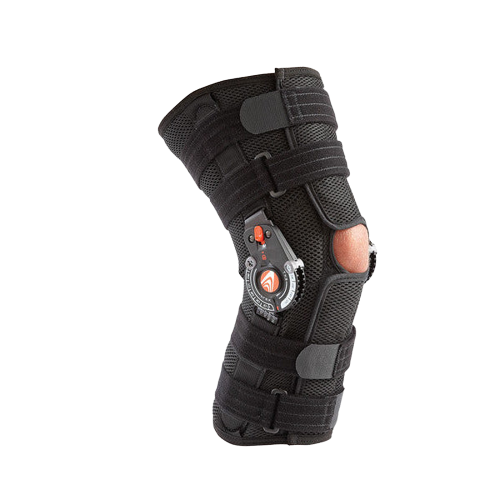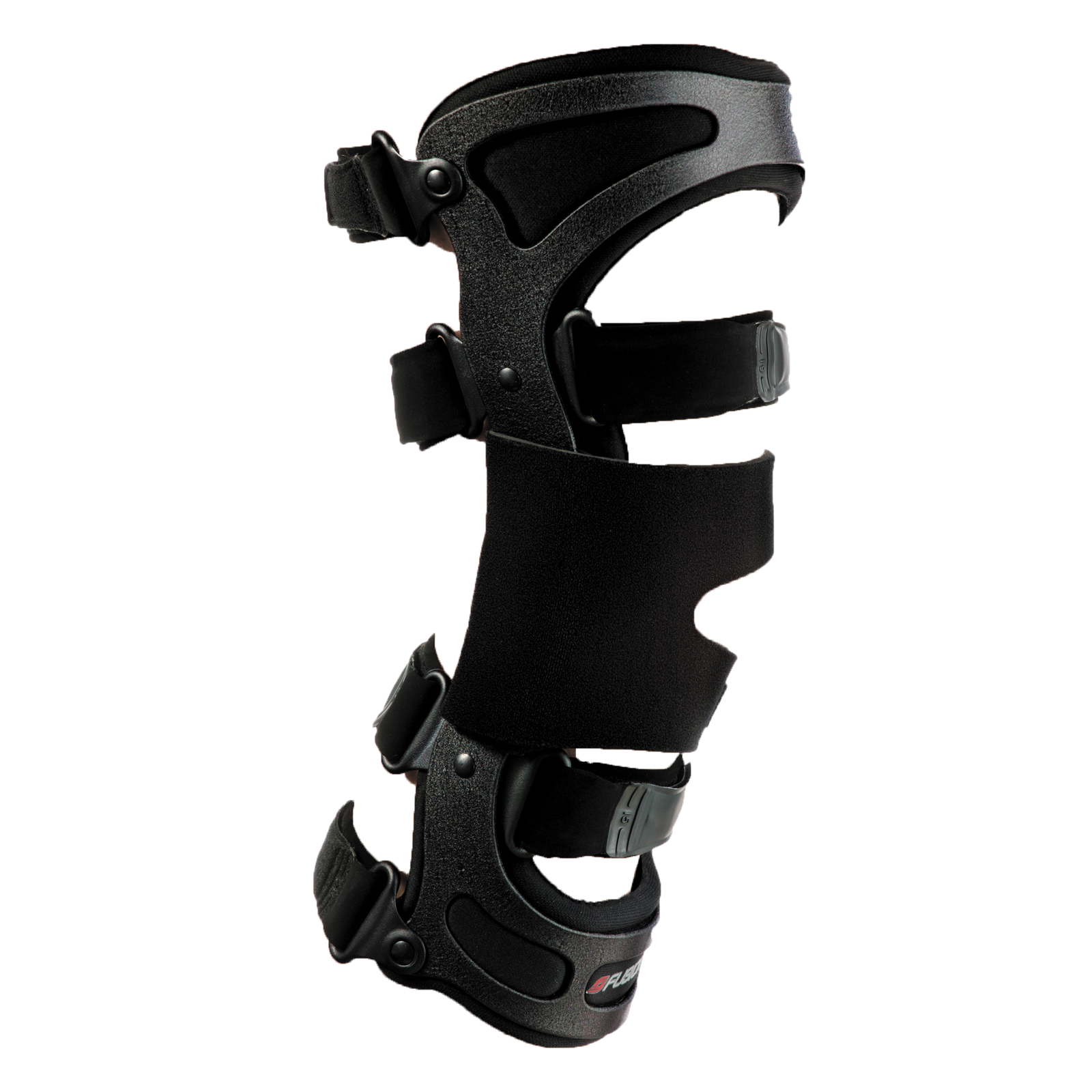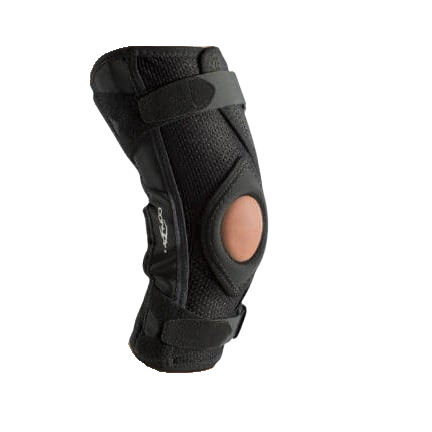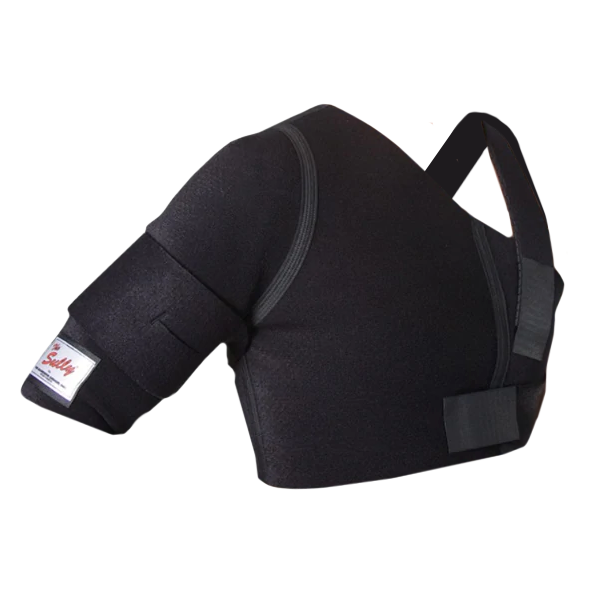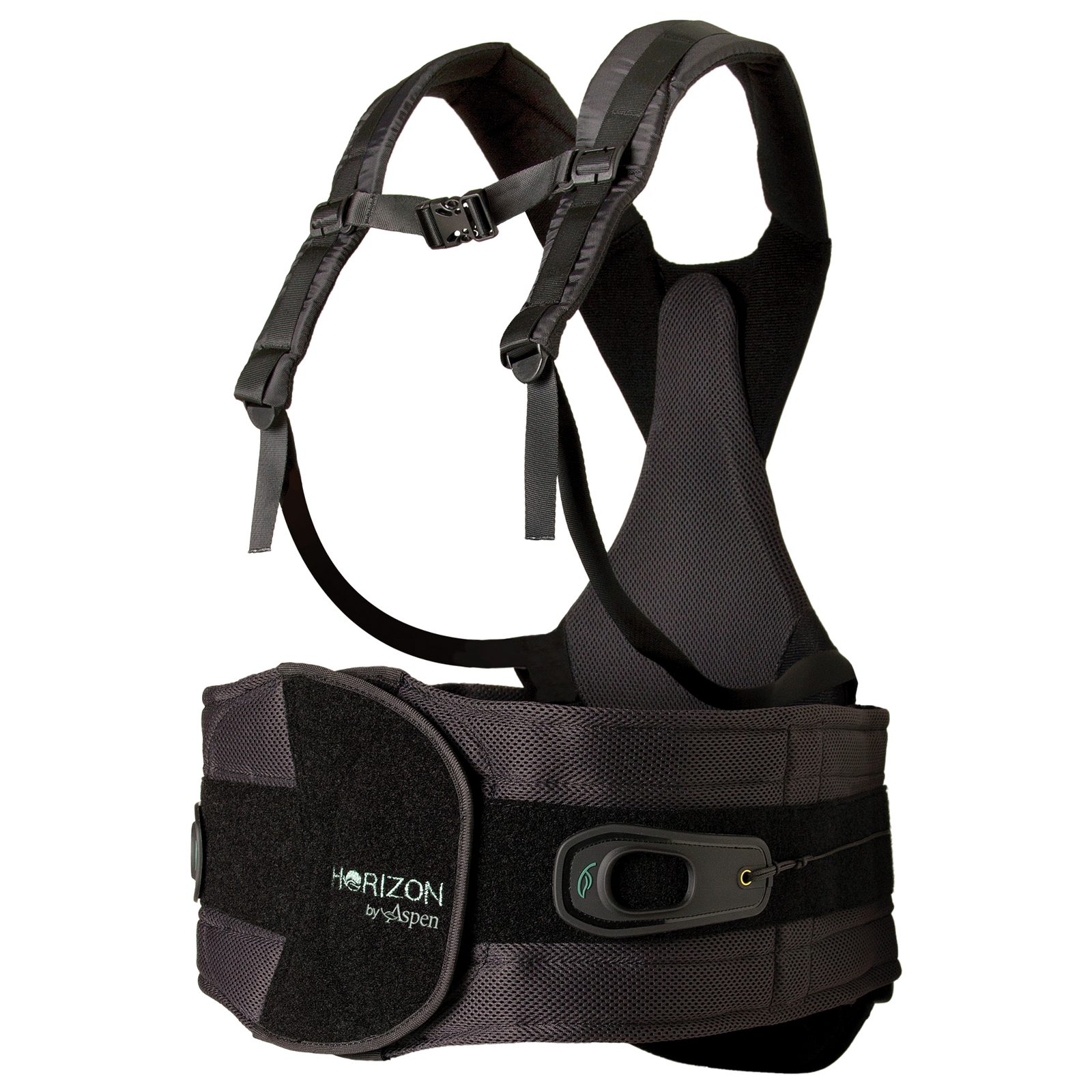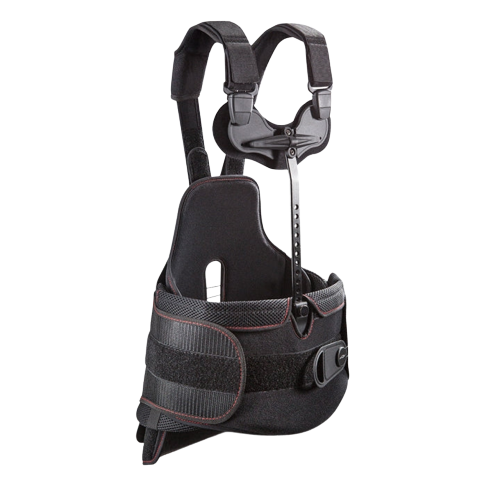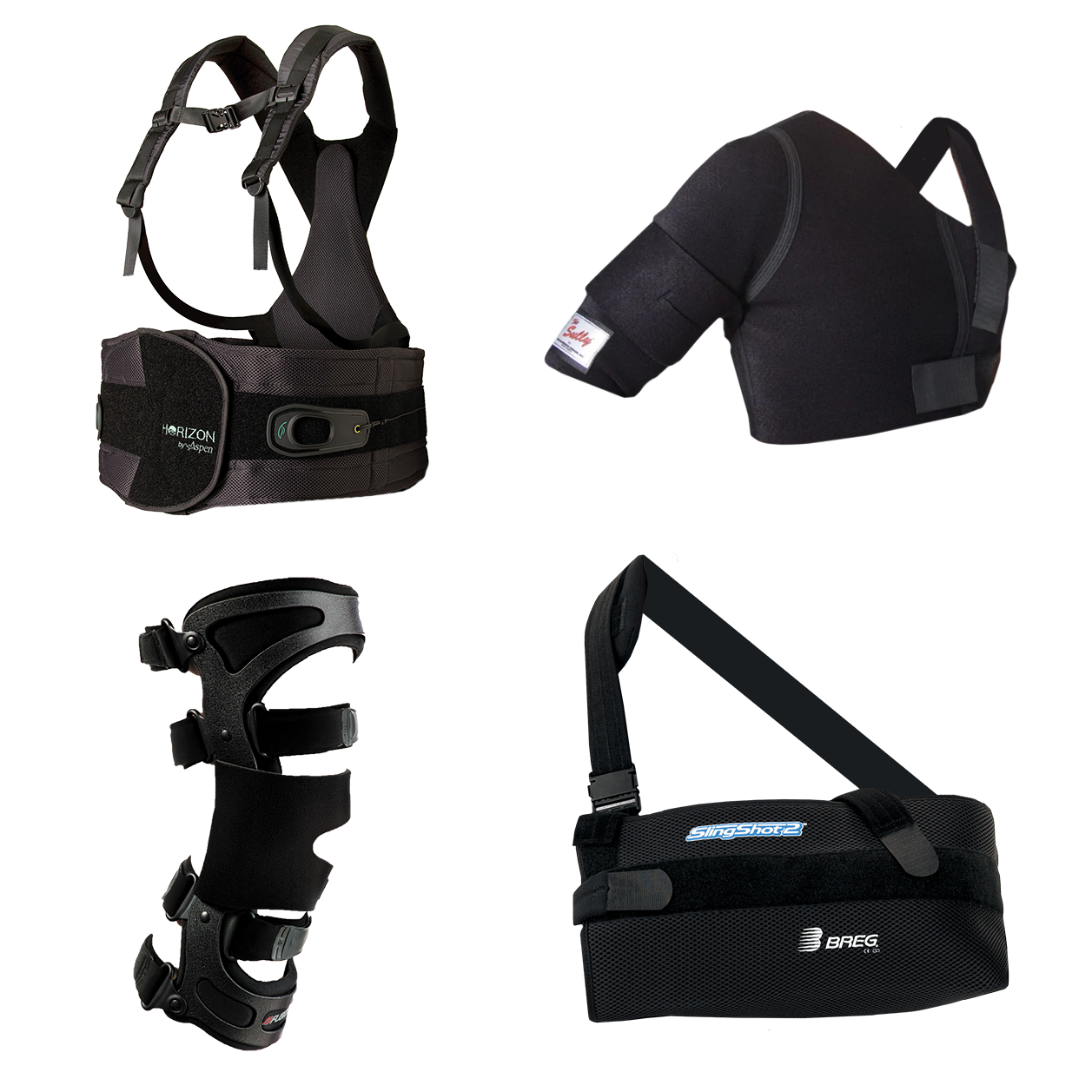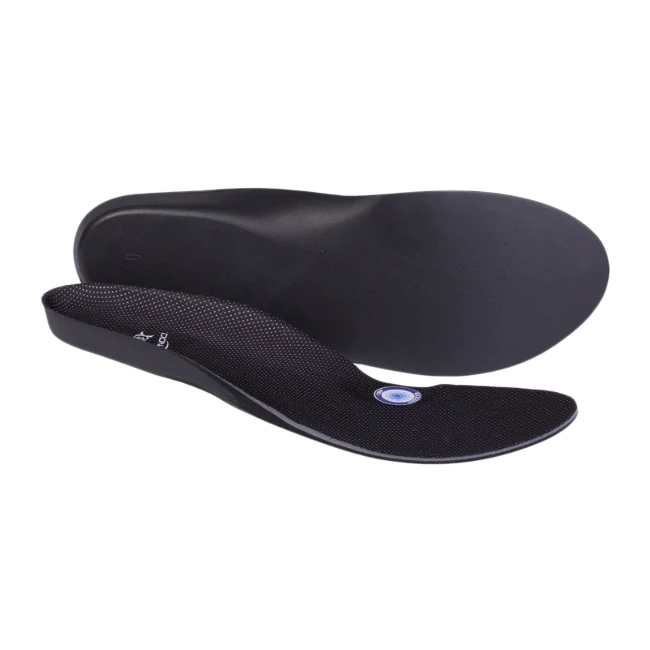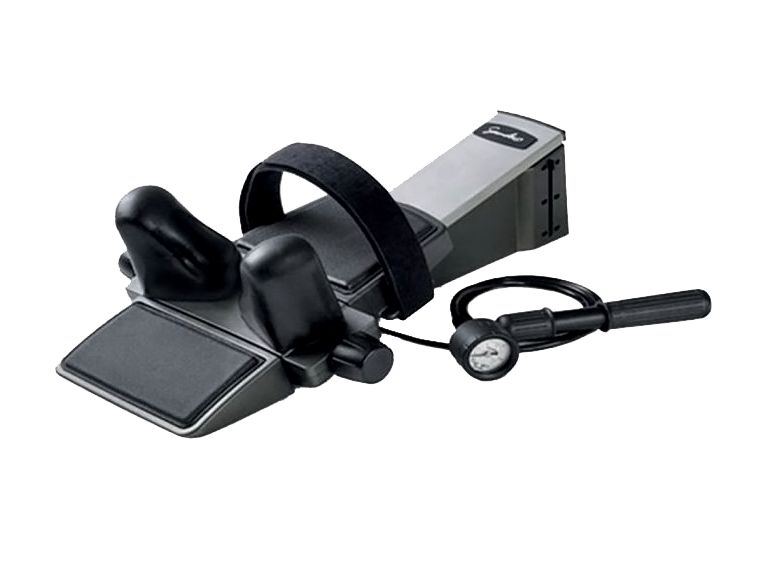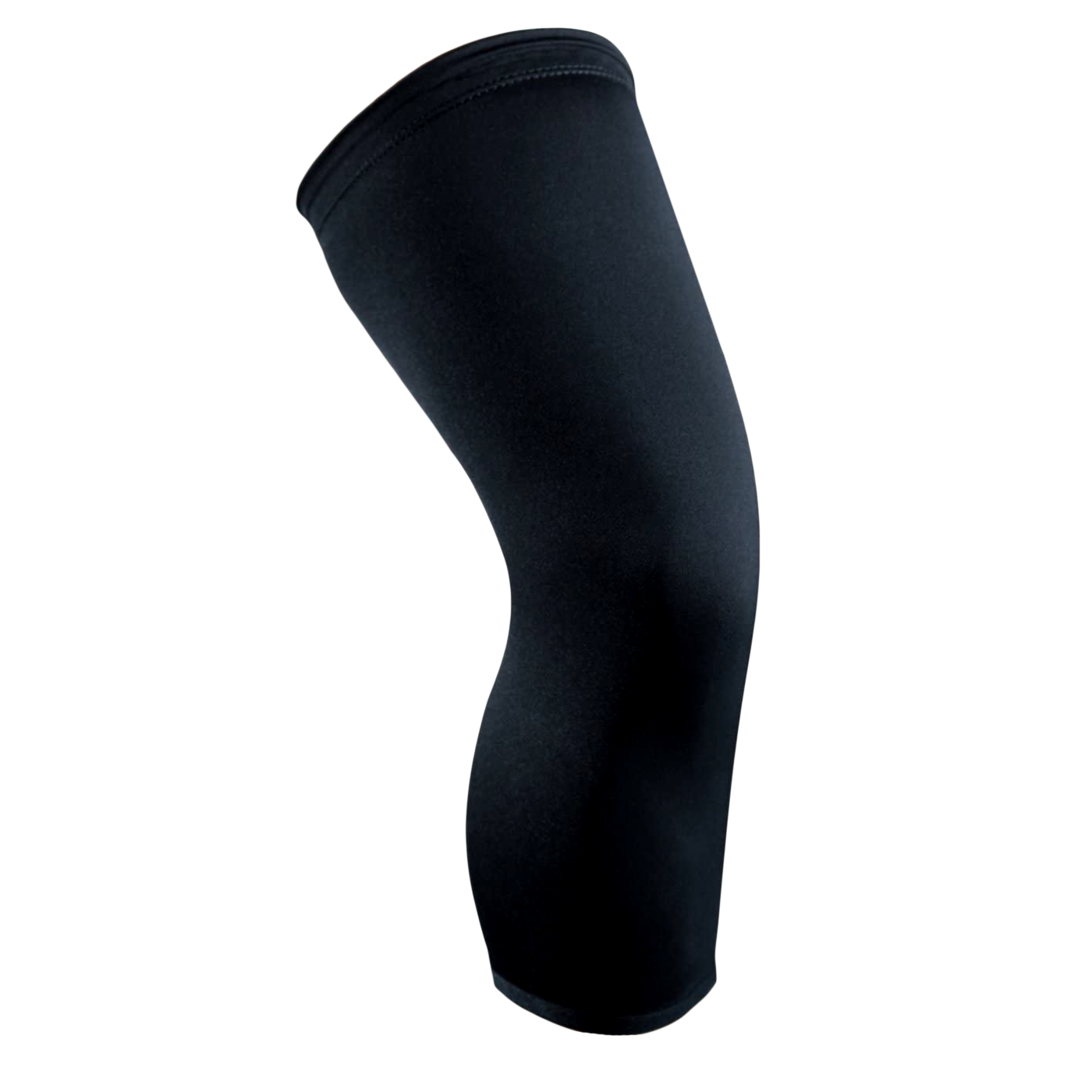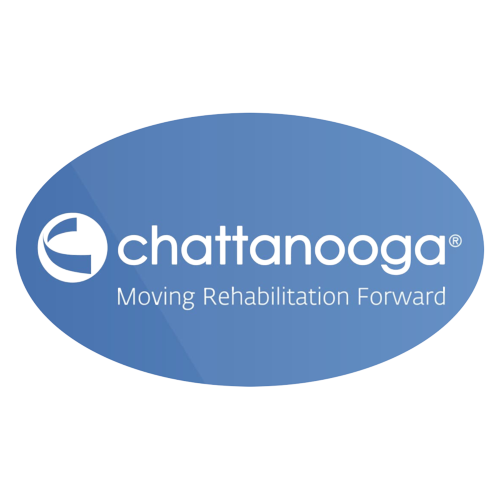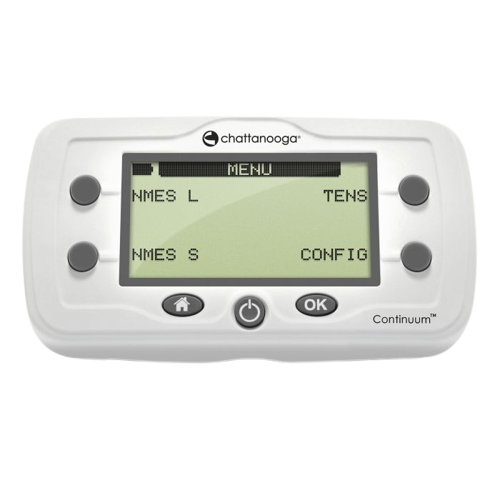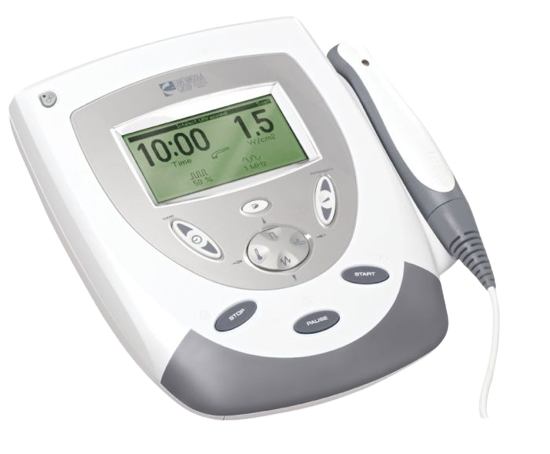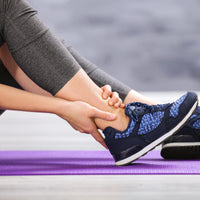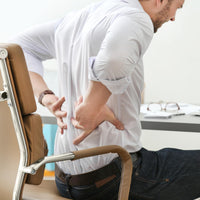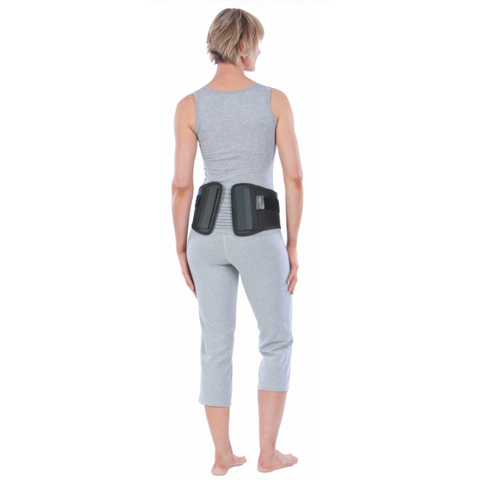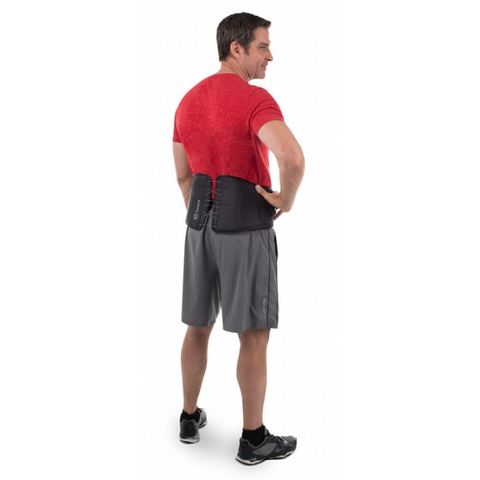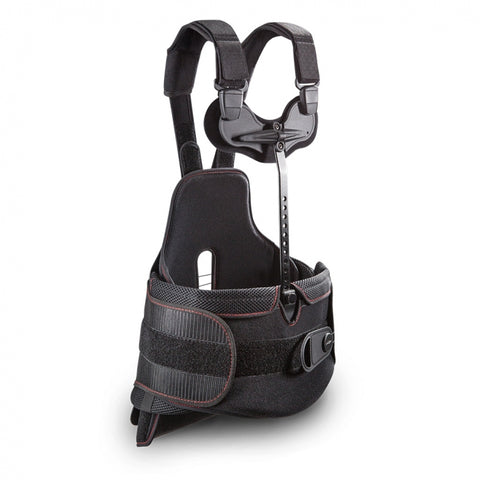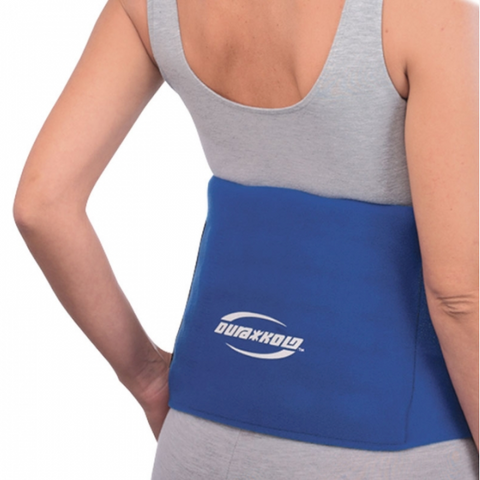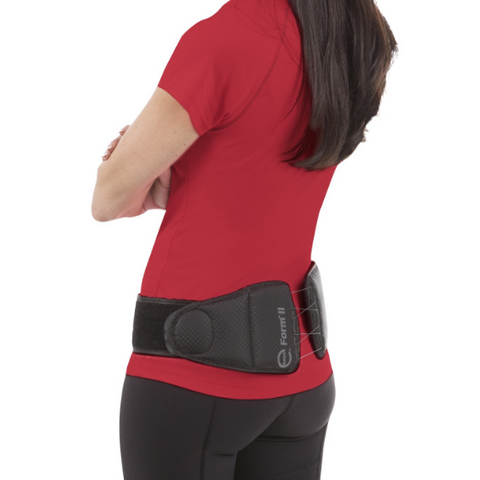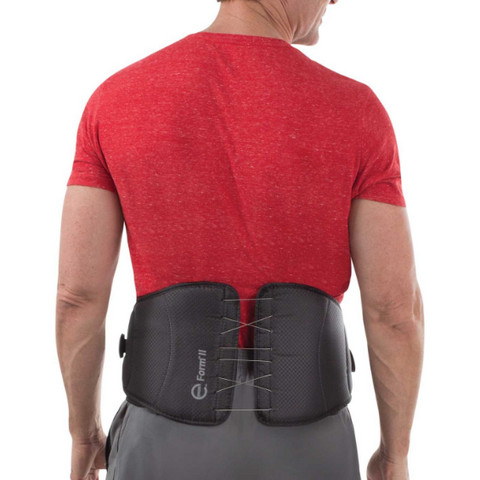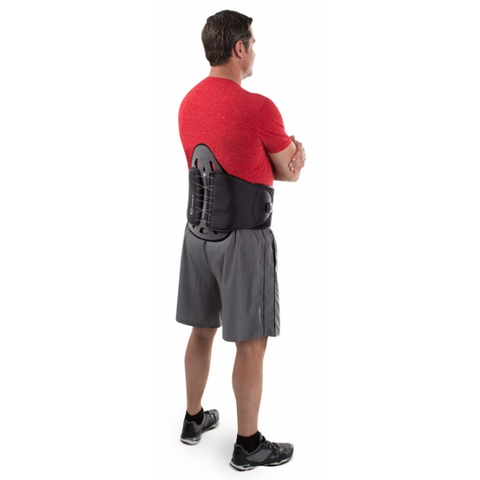
Back pain is no joke. It can shoot down your legs whenever you move, prevent you from turning your neck even slightly, make bending down impossible, and completely suck the joy out of life. For some sufferers of back pain, a brace can help to stabilize and support their back, reducing their pain and making daily tasks a bit more comfortable. Many people recovering from back surgery also require a back brace during their recovery.
To fully benefit from a back brace, it is crucial to wear it properly. If you don’t wear your brace correctly, you can significantly slow down your recovery and could even make your back pain worse. In this article, we’ll discuss how to wear a back brace properly, including how to wear a back brace after surgery.
Whether you are using a back brace for preventive measures, post-injury recovery, or managing chronic back conditions, follow our guide to make sure you’re using your brace to its full potential and taking the best possible care of your back.
Benefits of Wearing a Back Brace
Wearing a back brace isn’t always comfortable or convenient, so why do people do it? Let’s take a look at some of the most important benefits of wearing a back brace.
Support and Stabilization
One of the biggest benefits of wearing a back brace is the support and stabilization it offers to your spine and surrounding muscles. A back brace helps maintain proper alignment, reduces excessive movement, and provides external support to weakened or injured areas. By offering stability, the brace helps alleviate strain on your spine, allowing damaged tissues to heal and reducing the risk of further injury.
Pain Relief
Back braces can help to reduce back pain by providing targeted support to the affected area. The brace helps distribute pressure evenly, relieving strain on your spine and its surrounding muscles. By limiting the range of motion and supporting proper posture, a back brace can help ease discomfort and promote pain relief, allowing you to engage in daily activities without crippling pain.
Posture Correction
Poor posture is a common contributor to back pain, but it’s difficult to remember to focus on your posture all the time. Wearing a back brace can serve as a reminder and aid in correcting posture.
A well-fitted brace helps maintain the natural curvature of the spine, discouraging slouching or hunching. By promoting proper alignment, the brace encourages healthy posture habits, relieving strain on the back and minimizing the risk of developing further pain or injury.
Aid in Recovery from Injury/Surgery
Back braces are often prescribed as part of the rehabilitation process following a back injury or surgery. They provide external support, restrict excessive movement, and aid in the healing process by reducing stress on the injured area.
By stabilizing the spine and supporting weakened muscles, a back brace can speed up your recovery, allowing injured tissues to heal properly and preventing re-injury during the crucial healing phase.
Prevention of Further Injuries
Wearing a back brace proactively can help prevent future injuries, especially during physically demanding activities or tasks that involve heavy lifting. The brace offers additional support to the spine and helps protect against excessive movements that could lead to strain or sprains. By providing stability and limiting the range of motion, a back brace can serve as a preventive measure, reducing the risk of further back injuries and promoting long-term back health.
How to Wear a Back Brace Properly: Maximize the Benefits of Wearing a Back Brace With These Tips
Wearing a back brace can make a big difference when it comes to managing back pain and promoting healing. However, to ensure that you reap the maximum benefits from your back brace, it is crucial to wear it properly. Here are some essential tips and guidelines for how to wear a back brace properly.
Selecting the Right Back Brace
Choosing the appropriate back brace is crucial for its effectiveness. There are various types of back braces available, such as corset-style braces, rigid braces, and elastic braces. Consult with a healthcare professional to determine the most suitable type of brace for your specific condition or needs. It will depend on factors like the level of support required, the nature of your back pain or injury, and your activity level.
Where Should a Back Brace Sit on Your Back?
When learning how to properly wear a back brace, it’s important that it’s sitting on the right part of your back. The brace should typically sit snugly around the lower back area, covering the lumbar region. Make sure the brace provides enough coverage while not being too tight or restrictive. It should align with the natural curve of your spine, offering support to the affected area.
Tips on Getting the Right Fit
To make sure you end up with a back brace that fits you properly, measure your waist or hip circumference accurately to select the correct brace size. When you’re putting your back brace on, adjust the straps or closures on the brace to achieve a snug but comfortable fit.
Avoid overtightening your back brace, as this may restrict movement and impede your circulation. The brace should provide enough support without digging into your skin or causing discomfort.
Best Practices for Wearing a Back Brace: How Long to Wear it For, When to Wear it, and More
How to wear a back brace properly will depend on your specific condition and needs. Talk to your doctor or physical therapist to learn how to properly wear a back brace, including how long to wear it. In some cases, wearing it for shorter periods initially and gradually increasing the duration may be advised.
Wear the brace during activities that may strain your back, such as lifting heavy objects or engaging in physically demanding tasks. It can provide additional support and reduce the risk of injury. Take breaks from wearing the brace periodically, especially if you experience any discomfort. Allow your back muscles to move and stretch naturally if you’re able to.
Care and Maintenance of Your Back Brace
Just like learning how to wear a back brace after surgery is important, learning how to properly care for and maintain your back brace is also essential. Proper care and maintenance can extend the lifespan of your back brace, protecting your investment.
Follow the manufacturer's instructions for cleaning and care. Most braces can be hand-washed with mild soap and water and air-dried. Regularly inspect your brace for any signs of wear, damage, or loosening of straps. Replace your brace if it becomes worn out or loses its structural integrity. Store your back brace in a clean, dry place when you’re not using it.
Additional Tips for Maximizing the Benefits of Wearing a Back Brace
Wearing a back brace can provide significant support and relief for back pain, but it is important to remember that it is just one part of the bigger picture for overall back health. To further enhance the benefits of your brace, here are a few things to keep in mind.
Importance of Regular Exercise and Strengthening
While a back brace can provide external support, it’s just as important to maintain strong back muscles by exercising regularly to strengthen your back. Talk to your doctor or physical therapist to develop a customized exercise program that focuses on strengthening the muscles supporting your back. This can help improve your stability, enhance your posture, and reduce your reliance on the brace over time.
Proper Posture and Body Mechanics
A back brace is not a substitute for maintaining proper posture and practicing correct body mechanics. Try to be mindful of your posture throughout the day, whether you are sitting, standing, or exercising.
Avoid slouching, hunching, or any other positions that strain your back. Use your legs and core muscles when lifting objects instead of relying on your back. The brace should act as a reminder to maintain good posture and proper body mechanics, reducing the strain on your back.
Regular Check-ups and Follow-ups with the Doctor
A back brace can offer support and relief, but it’s still important to have regular check-ups with your healthcare provider. They can monitor your progress, assess the effectiveness of the brace, and make any necessary adjustments to your treatment plan. Regular appointments also give you a chance to discuss any concerns or questions you may have regarding the use of the back brace or your overall back health.
During these check-ups, your doctor may recommend additional therapies or interventions, such as physical therapy, massage, or medication, to complement the benefits of your back brace. They can provide valuable guidance based on your specific condition and help make sure that you are on the path toward optimal back health.
Now That You Know How to Wear a Back Brace Properly, Find the Perfect One at Ortho Bracing!
At Ortho Bracing, we stock nothing but the best equipment and supplies to help you recover from surgery and rehabilitate your injuries. When it comes to your back health, you can’t look further than our top-of-the-line Donjoy back braces, available for better prices than even your doctor can offer!
These premium back braces offer ultimate support and stabilization for your spine, providing the perfect foundation for effective pain relief and faster recovery. Donjoy’s back braces are also designed with comfort in mind, ensuring you can wear your brace for as long as you need to during your recovery.
Ortho Bracing has a lot more to offer than the best quality back braces on the market. We also stock a selection of the best cold therapy machines to help with recovery and rehabilitation. If you’re wondering how to reduce post-surgery swelling, a cold therapy machine is the device you need. Learn how to use Breg Polar Care Cube for knee rehab, and discover when should you use cold therapy in your recovery.
You can also discover the many electrotherapy benefits with Ortho Bracing, and invest in an electrotherapy unit that can provide muscle rehabilitation, pain relief, and reduce inflammation. With next-day shipping and 24/7 customer support, Ortho Bracing is the smart choice for all your rehab and recovery needs.
Final Thoughts on How to Properly Wear a Back Brace
If you’re wearing a back brace, or planning to, it’s essential to learn how to wear it properly. If you don’t wear your back brace properly, there’s no benefit at all, and you could even make your condition worse. By wearing your brace properly, you give your back the best chance at making a full, speedy recovery.
The best place to find high-quality, affordable back braces, along with everything else you need for post-op recovery or injury rehabilitation, is Ortho Bracing. While you’re here, check out our Chattanooga electrotherapy unit and Chattanooga ultrasound machine to relieve pain, promote recovery, and reduce swelling and inflammation. Plus, our Breg products make it easier than ever to add cold therapy to your recovery routine.
Don’t take any chances when it comes to back pain. Discover safe, pain-free healing at Ortho Bracing!

